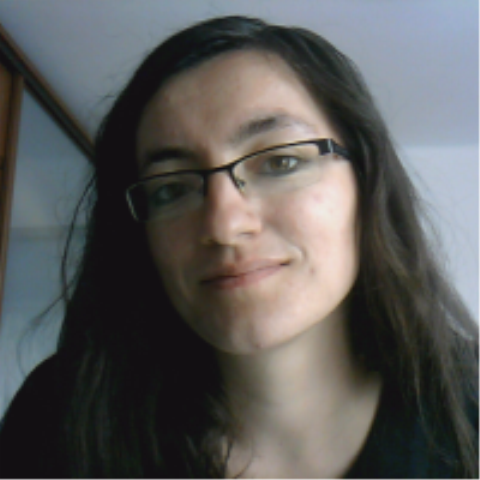Elisabeth Büttner (Poland), Ph.D. Candidate at the Department for European Studies (Center for Holocaust Studies), Jagiellonian University Kraków (UJ), “German Prisoners in the Auschwitz Concentration Camp”. Elisabeth holds an MA in European Studies (specialty: Central and Eastern Europe). During her EHRI fellowship, she conducted research at the Institut für Zeitgeschichte and the archive at the […]
The EHRI Fellows for 2013
EHRI has a fellowship programme (read more about the programme >> ). Between 2010-2014, every year twelve researchers were invited to stay for a period of four weeks to two months at an EHRI partner institute. The call for applications for 2013 was issued in the summer of 2012 and circulated widely. Overall 46 applicants from 23 countries applied for an EHRI fellowship. An international panel of experts selected the researchers on the basis of their research programmes. These were the EHRI Fellows for 2013:
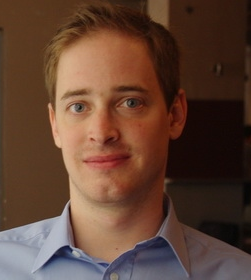
Adam Gellert (Hungary), Researcher, Holocaust Memorial Center Budapest, “The Deportation and Massacre of Hungarian Jews in Ukraine in the Summer of 1941”. Read the interview with Adam Gellert. Adam Gellert is a jurist and a researcher on the history of the Holocaust in Hungary. He received his Master’s degree in international law from the University […]
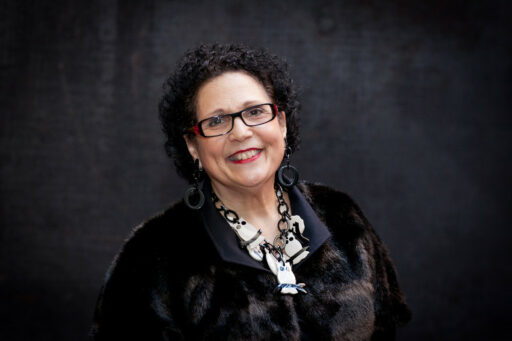
Emily Budick (Israel), Professor, Hebrew University of Jerusalem, “The Holocaust and the “Subject” of Art”. Emily holds the Ann and Joseph Edelman Chair in American Studies at The Hebrew University of Jerusalem, where she is also the chair of the Department of English. Her major publications include: Emily Dickinson and the Life of Language; Fiction […]
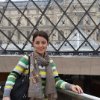
Asya Darbinyan (Armenia), Deputy Director, Armenian Genocide Museum-Institute, “Comparative Study in Humanitarian Assistance for Armenians during the Genocide and for Jewish Communities during the Holocaust”.
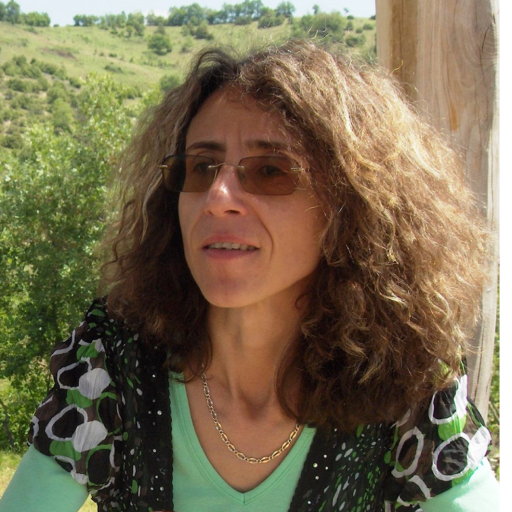
Irina Lyubomirova Ognyanova-Krivoshieva (Bulgaria), Assistant Professor, Bulgarian Academy of Sciences, “Nationalism and National Policy in Independent State of Croatia (1941-1945)”. Irina Ognyanova’s scientific interest is in contemporary history and politics of Southeastern Europe. Most of her scientific works are dedicated to the actual problems of the Croatian nationalism. She has special interest in the Holocaust […]
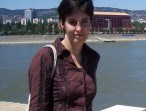
Izabella Sulyok (Hungary), Ph.D. Candidate, University of Szeged, “’I decide who is a Jew.’ A comparative analysis on the exemption of Jews from the anti-Jewish measures in France and Hungary, 1938-1944”. Izabella Sulyok’s dissertation examines the execution of the anti-Jewish decrees, inlcuding the ghettoization and deportation of Jews between March 19th and July 6th 1944 […]
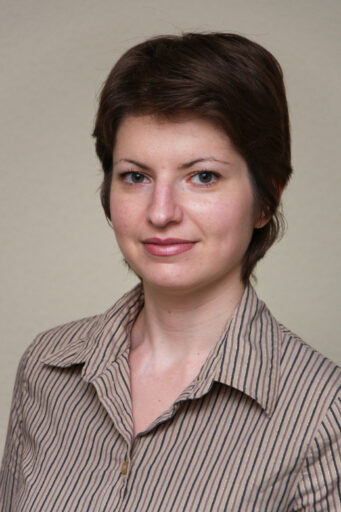
Alexandra Tcherkasski (Germany), Ph.D. Candidate, Bochum University, Die Stellung der Holocausterfahrung im Rahmen der sowjetischen Erinnerungspolitik nach dem “Großen Vaterländischen Krieg”. Alexandra Tcherkasski is a Ph.D. Candidate in History at the Institute for Diaspora Research and Genocide Studies at Ruhr University Bochum. She holds a master’s degree (Magister Artium) in Jewish Studies, Slavic Studies, and […]
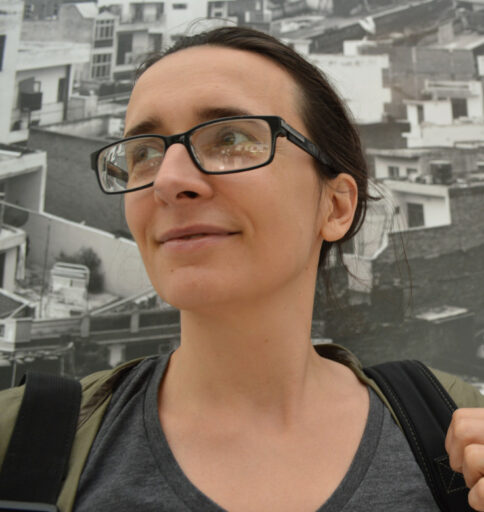
Roma Sendyka (Poland), Assistant Professor, Jagiellonian University Kraków, “Understanding Non-Sites of Memory (Non-Lieux de Mémoire)”. Roma Sendyka, an Assistant Professor at the Center for Anthropology of Literature and Culture Studies in the Polish Studies Department at the Jagiellonian University, received her doctorate in Polish Studies from the Jagiellonian University in 2004. In 2006, she published […]
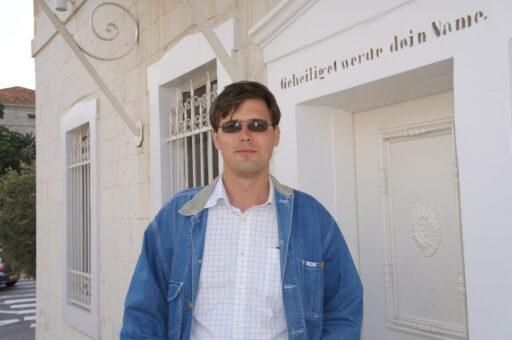
Yurii Radchenko (Ukraine), Lector, Kharkiv Collegium, “Ukrainian Hilfspolizei and the Holocaust in Ukraine: The Case of the Military Administration Zone”. Yuri (Iurii) Radchenko is a Ph.D. Candidate for History. He studied for his MA at the Department of History of the Ukraine at the Kharkiv National University V.N. Karazin. His field of research includes history […]
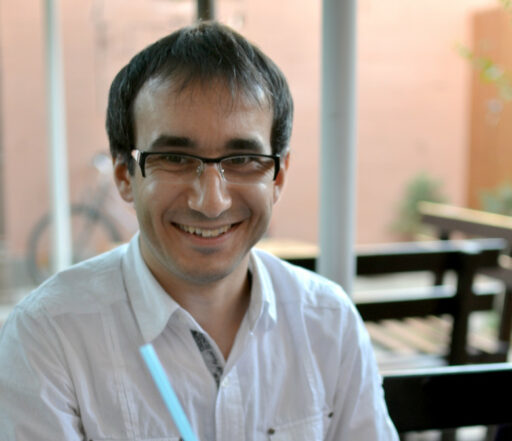
Attila Gido (Romania), Researcher, Romanian Institute for Research on National Minorities, “Between home and uncertainty. Life in ghettos and collection camps in Northern Transylvania”. Attila Gidó is a historian and research fellow at the The Romanian Institute for Research on National Minorities, Cluj-Napoca, Romania. He received a Ph.D. degree in History from the Babes-Bolyai University […]
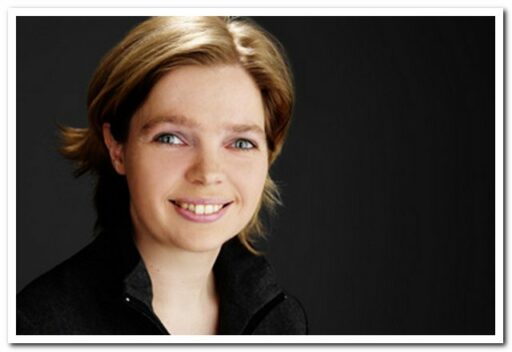
Katja Happe (Germany), Researcher, Freiburg University, “Die Geschichte der Judenverfolgung in den Niederlanden 1940-1945”. Read the interview with Katja Happe. Katja Happe is a researcher at the Newer and Modern History Department at the University of Freiburg, and is working on a three-year project ” Die Geschichte der Judenverfolgung in den Niederlanden 1940-1945”. Ultimately, her […]

